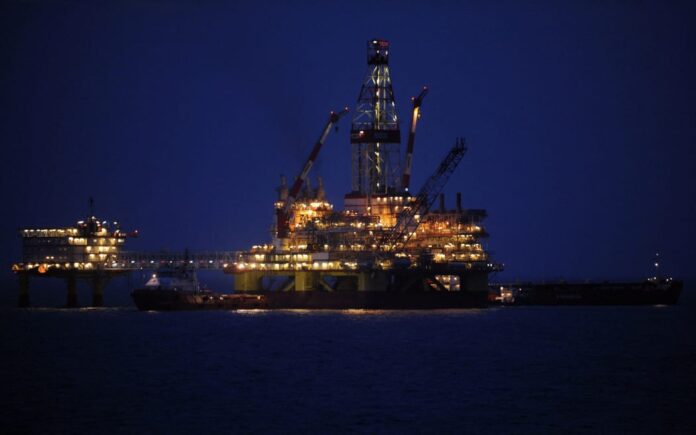The G7 has decided to cap the price of Russian oil to limit Moscow’s ability to fund the conflict in Ukraine.
Global energy prices will be lowered, according to finance ministers, with the cap on crude oil and petroleum products. Several technical factors will be used to determine the cap’s amount.
The G7 declared, “We will be on Ukraine’s side for as long as it takes.
Russia announced that it will halt oil sales to nations that have price limitations.
According to Dmitry Peskov, a spokesman for the Kremlin, “companies that impose a price cap will not be among the recipients of Russian oil.”
The UK, US, Canada, France, Germany, Italy, and Japan make up the G7 (Group of Seven). The group is an association of the seven “advanced” economies with the greatest economies in the world, which control international trade and the financial system.
Russia will now have a price cap on its oil, which means that nations that agree to the policy will only be able to buy Russian oil and petroleum products that are shipped by the sea that is being sold at or below the price cap.
The price of oil skyrocketed after Russia invaded Ukraine and has remained high, meaning Russia has increased its profits from fossil fuels despite a decline in export volumes.
Starting on December 5, Russian crude oil will be subject to an embargo by the EU.
The majority of piped supply and crude transported by tanker will be covered.
Analysts speculate that China and India, two of Russia’s largest trading partners, may not adhere to G7 policy regarding Russian oil. They are not participating in the Western sanctions against Russia.
According to US Treasury Secretary Janet Yellen, a cap would also aid in battling inflation, which is on the increase in many of the world’s nations.
According to her, the price cap contributes to “our combined goals of putting downward pressure on global energy costs while denying Putin funds to fund his cruel conflict in Ukraine.

















